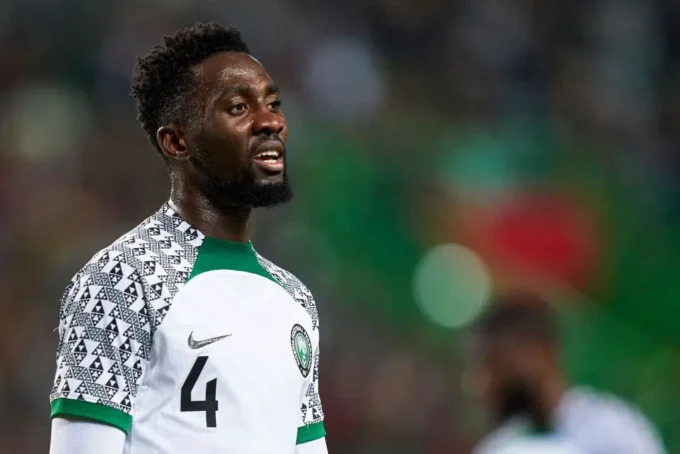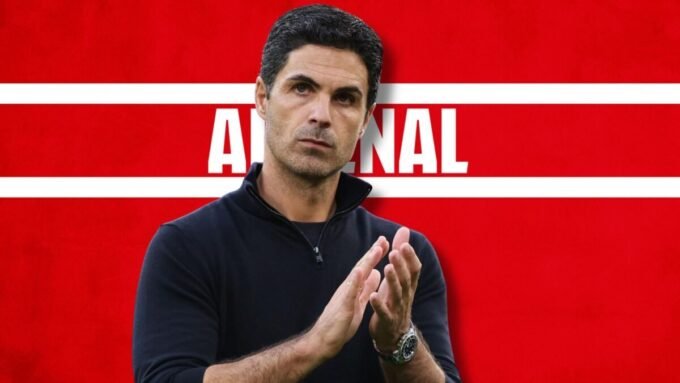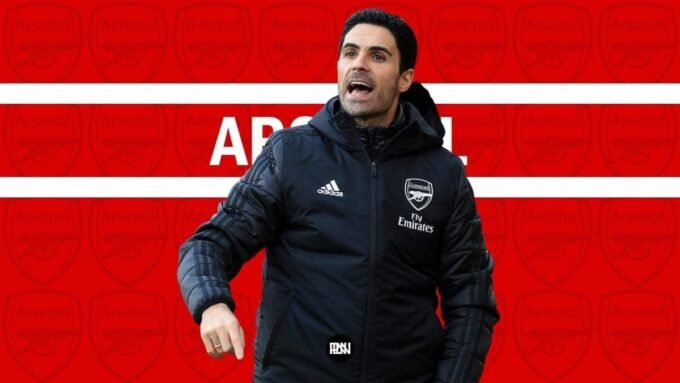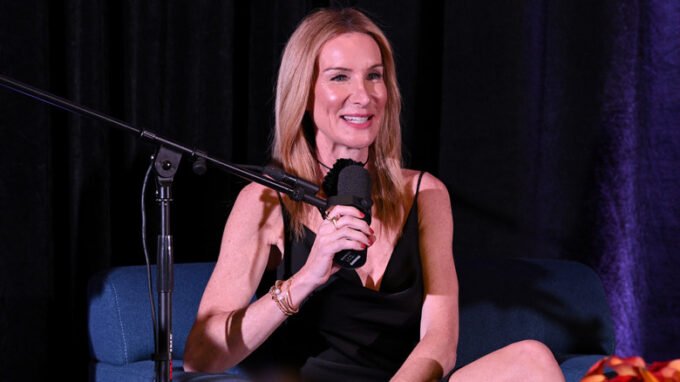Ambassador Olufemi Ajadi Oguntoyinbo has formally left the New Nigeria Peoples Party (NNPP) and joined the Peoples Democratic Party (PDP). He made the announcement at a press briefing on Monday, handing over his resignation letter and explaining — at some length — why he believes this is the right step now. It was clear he had thought about it; he spoke calmly, but with a sense of urgency that suggested this wasn’t a snap decision.
Why he left (and why now)
Ajadi’s explanation was straightforward and repeated in a few different ways — perhaps a little insistently, but that actually made his point land. He said his move is “strategic and patriotic,” words he used more than once. He respects the NNPP and appreciates his time there. Still, he feels Nigeria’s present moment calls for a wider platform, one that can better pursue national reconciliation, empower young people, and push for true federalism.
He didn’t frame the exit as a falling out. In fact, he emphasized there was “no bad blood.” He thanked the NNPP for the opportunity to serve under its banner. But he also said the country is in a difficult place — economic struggles, rising unemployment, leadership gaps — and that those realities demand new alignments. For Ajadi, joining the PDP is a practical response to those problems: a chance to work with more people, in a party he sees as better positioned to influence change at scale.
A personal thread through the politics
There’s a personal history here worth noting. Ajadi was the NNPP’s governorship candidate for Ogun State in the 2023 elections. Before that, he had been a presidential aspirant who stepped down in solidarity with Senator Rabiu Musa Kwankwaso when Kwankwaso won the NNPP nomination. So Ajadi’s political life has already involved compromise and strategic moves. This current switch fits that pattern — he’s willing to reorient when he thinks it will serve a larger purpose.
I found it interesting that he kept returning to the idea of listening. He said Nigeria is at a crossroads and needs leaders who actually hear the people and act selflessly. That’s a familiar political claim, sure, but he added specifics: strengthening grassroots networks and reawakening hope among ordinary citizens. He’s not selling a big, abstract plan; he kept circling back to tangible community-level work. That detail made his intent more believable, if only slightly. People often say they’ll listen — he seemed to want us to believe he’d do it differently.
How the party reacted
PDP officials in the southwest welcomed Ajadi warmly. They cast his arrival as a boost to the party’s “democratic family,” lauding his integrity, his work with youth, and his social impact. Those are the standard talking points for any new member, and yet there’s value in naming them. Ajadi’s record in mobilizing young people and his social projects are real assets in a political environment that still struggles to connect with the younger generation.
Also read: When Silence Pays: Voices, Safety, and the Cost of Speaking Out #VDM
On the other hand, some reactions were predictably cautious. Switching parties tends to attract skepticism from both ends: former colleagues wonder why, while new associates wonder how committed the newcomer will be. Ajadi, perhaps aware of this, stressed that his move is guided by conviction and renewed purpose. He pledged to work closely with PDP leaders at all levels to promote transparency, peace-building, and inclusive governance. That’s a broad pledge, yes — but it’s also the sort of promise voters and party members expect when a public figure changes sides.
A few notes about tone and timing
There are a few small tensions in the story that feel human — Ajadi’s repeated insistence that there’s “no bad blood” could be read as defensive, or merely cautious. He spoke of unity and rebuilding trust, yet the fact that a sitting politician felt the need to leave one party for another does remind you about the fragility of party loyalty here. Politics, after all, is messy. Sometimes choices are noble, sometimes convenient; sometimes both.
The timing is interesting too. Nigeria’s political landscape is shifting, with parties recalibrating their strategies and reach. Ajadi positions his move as an attempt to help rebuild national unity and hope. Whether this will translate into real influence within the PDP, and whether his local grassroots strength carries over, remains to be seen. It’s easy to be skeptical — and reasonable to hope. I think that mix of caution and optimism is exactly the right way to feel about most political shifts.
What he promises to do next
Ajadi didn’t just offer rhetoric. He promised to focus on practical priorities: boosting the PDP’s grassroots base, sparking youth engagement, and renewing trust in governance by promoting transparency and peace-building efforts. He framed his commitment as national service, not merely party advancement. That distinction matters to many voters. He also repeated that good governance should deliver tangible benefits — “real dividends” — to ordinary people. That’s a promise he will need to show, not just say.
Also read: A Closer Look at the Ned Nwoko–Regina Daniels Buzz (and Why It Keeps Us Talking) Verydarkman Video
The broader picture
This is one more example of a familiar pattern in Nigerian politics: a public figure re-aligns to pursue what they believe is a more effective platform. Sometimes it’s purely opportunistic; sometimes it’s principled. Often, it’s a little of both. Ajadi’s account leans toward principle — his language of patriotism and listening gives that impression — but practical considerations are clearly in play as well.
Either way, his switch will be watched. Supporters will hope he helps rebuild trust and sharpen the PDP’s grassroots work. Critics will wait to see whether his words match actions. For now, he’s made the move, and that alone changes a few calculations locally and, perhaps, regionally. It’s a small shift on the national chessboard — but sometimes small shifts lead to bigger rearrangements.








































Leave a comment